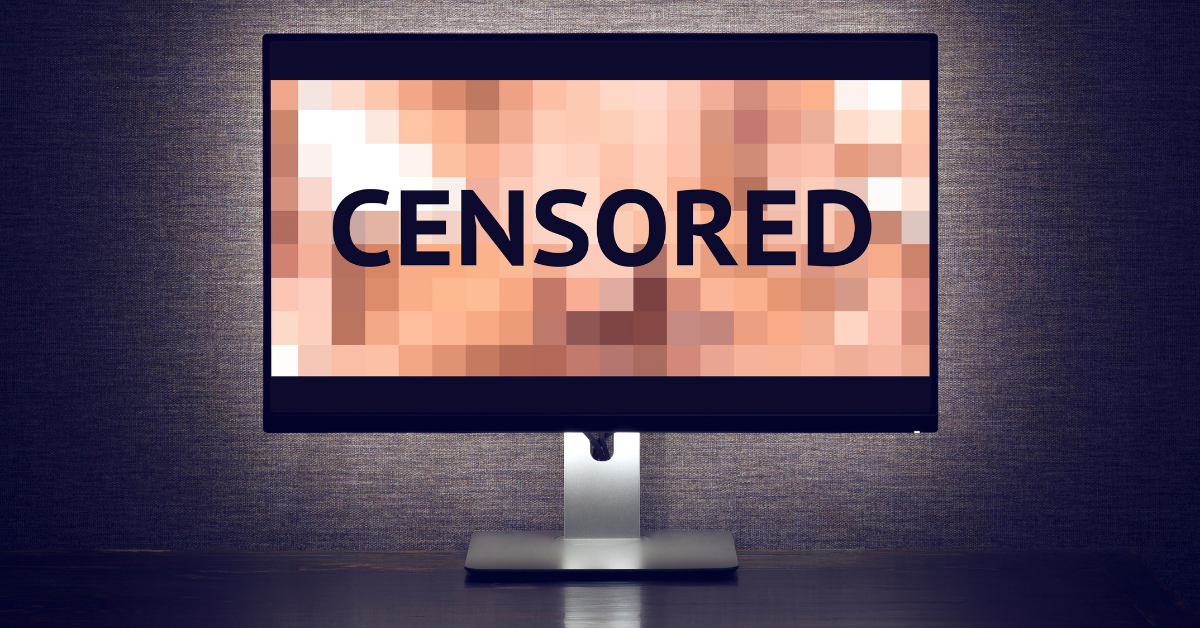
Should Government Regulate Social Media?
by Eric Peterson, Director, Pelican Center for Technology and Innovation Policy
It seems nearly every week that some controversy or debate arises on the impact of social media in our lives. These debates took center stage this week when multiple big tech companies made a moderating decision about a major news outlet’s story this week.
When the New York Post released its story about Joe Biden’s family, Twitter prevented its users from sharing the article on its platform. Likewise, Facebook limited the reach of the story, while it went through its fact-checking process.
These decisions by the tech giants have rightfully angered many on the right who think social media companies are attempting to influence the outcome of the upcoming Presidential election.
But by making this decision and creating controversy, the New York Post story became more interesting, likely leading thousands more to read what Twitter wouldn’t let them share. This not-so-new phenomenon is known as the “Streisand effect.”
Despite still having the ability to read the story on the New York Post’s website, many still want to prevent Twitter and Facebook from taking similar action again. Suggestions to fix this problem include having the Federal Communications Commission (FCC) regulate social media, using antitrust to break up these companies, and even having the government nationalize social media.
The problem is none of these “solutions” will solve the problem of bias, and in fact, they may hurt conservative speech even more.
Earlier this year, the FCC asked for comments on whether it should consider regulating social media. The Pelican Center for Technology and Innovation wrote the FCC reminding the Commission that it has regulated speech before. The Fairness Doctrine began as a way to balance political speech in news, but it transformed into a tool that was used by government officials to silence political opponents, with conservatives suffering the most from this practice.
If the government gets back in the business of regulating speech, it is likely to usher in the return of decisions that are biased against conservatives.
So, what can we do about anti-conservative bias on social media? Some have proposed antitrust or breaking up these companies as a solution. A few weeks ago, I hosted a PeliCast to dive into this question and also determine if antitrust is the best vehicle to solve the problem. (hint: It’s not.)
The truth is it’s up to all of us as consumers to make our voices heard and use the power we have in the market. After all, we are the ones who create the content on social media, and we have the power to take our content and attention elsewhere.
Click the video below to view the full PeliCast I hosted this week with Scott Blackburn from the Institute for Free Speech and Patrick Hedger from the Taxpayers Protection Alliance about the New York Post issue and ongoing concerns over the regulation of speech on the internet.



